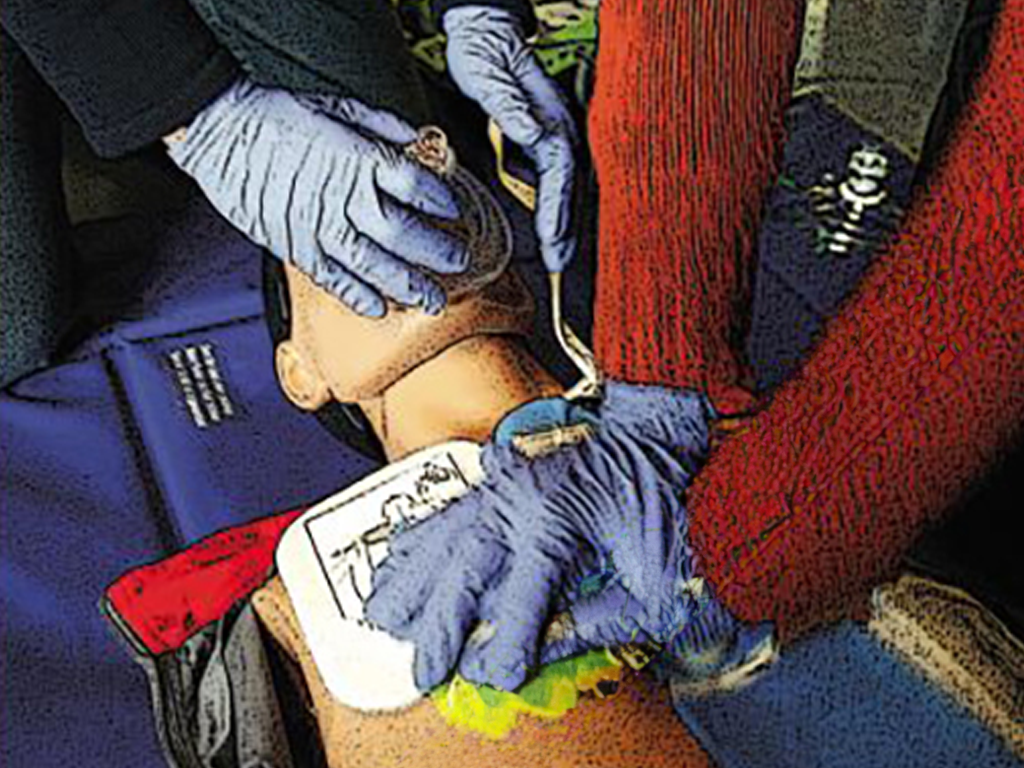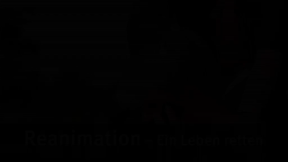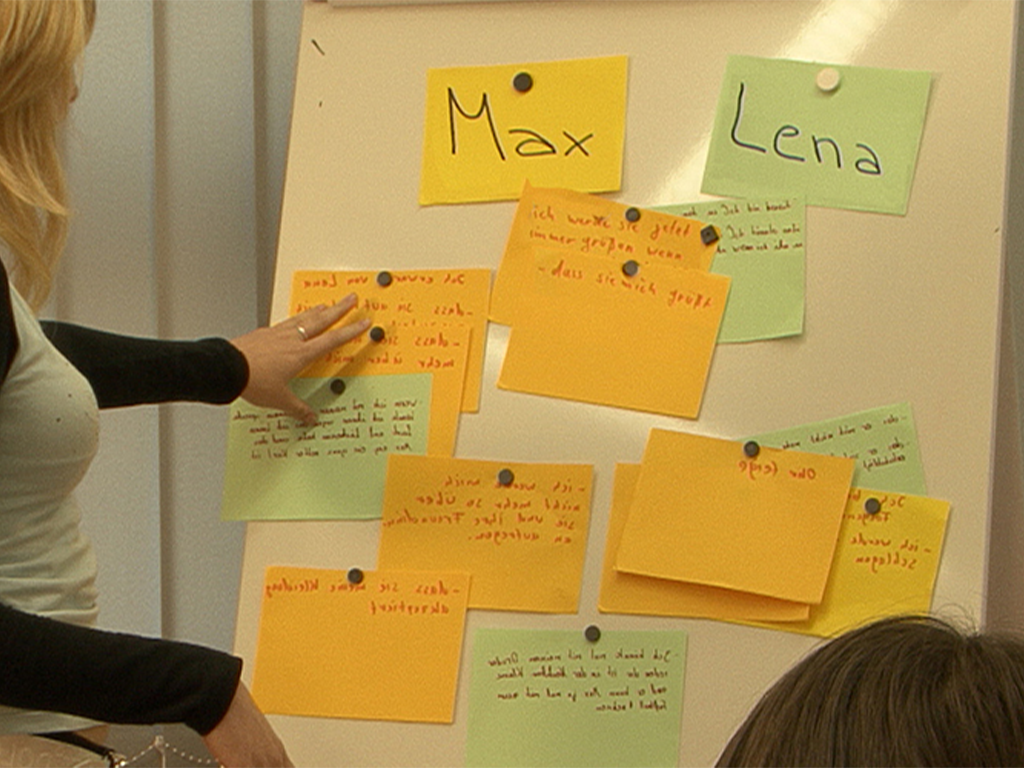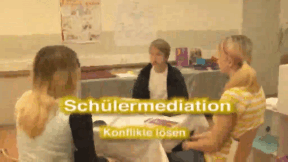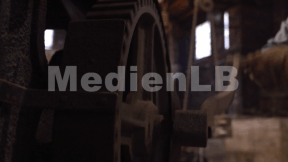 Health, Primary School
Health, Primary School


4656528 / 5551292
Healthy Diet
Stay Healthy and Fit!
No matter whether we write, read, sleep or move, we always use up energy. Imagine your body is like a car. It needs petrol to be able to move. You can’t play, romp about and learn without eating and drinking either. Your body needs cellular components. These are substances which build up your body. And it must be supplied with them again and again. These components are also called nutrients. They are called protein, fat and carbohydrates.
Play trailer
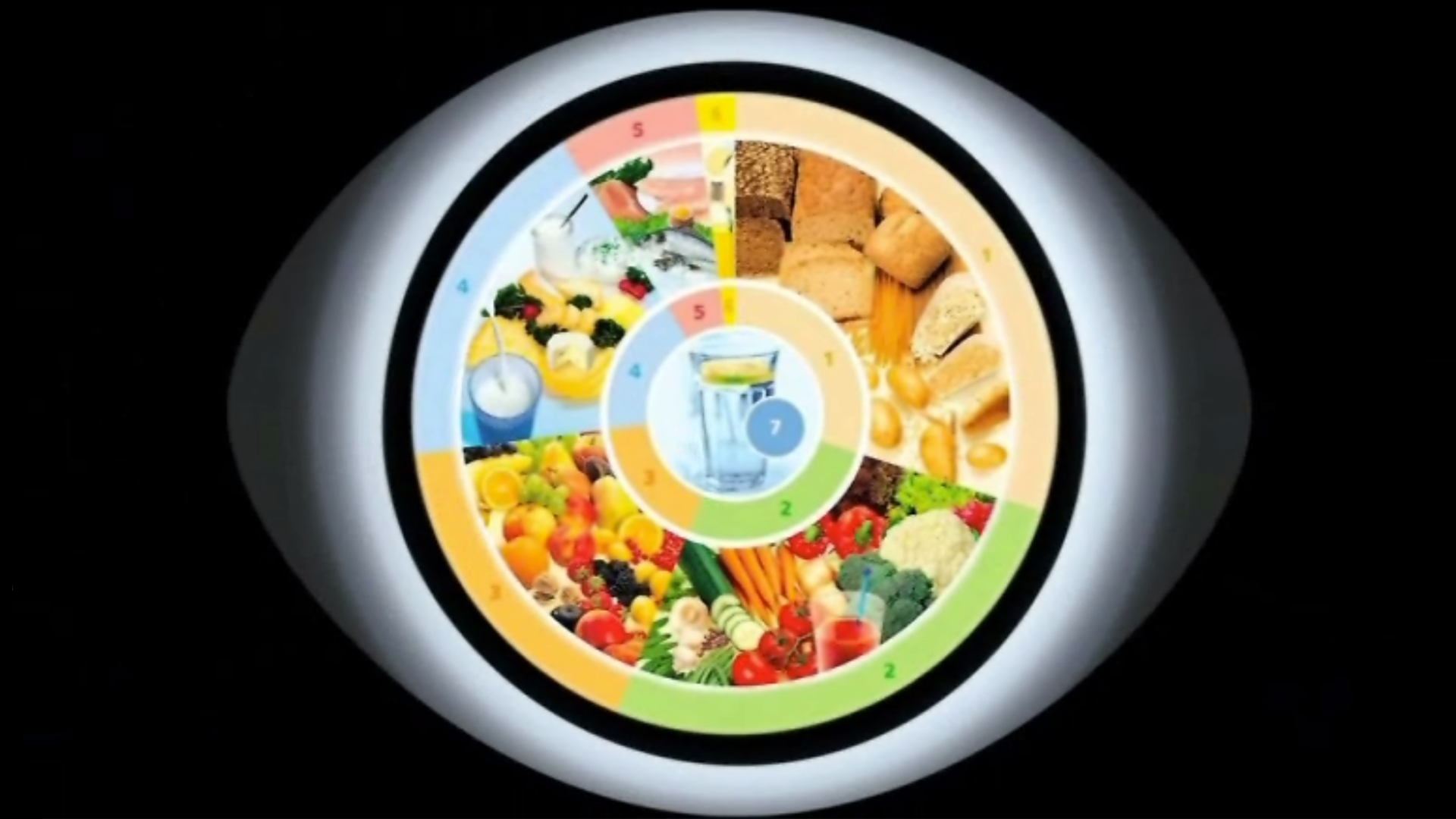
Curriculum-centred and oriented towards educational standards
Matching
Resuscitation
It can happen to anyone – of any age, in any place, at any time. Sudden cardiac arrest may quickly prove fatal. Immediate action is called for! Just remember: Check Call Press Anyone can do it. You can't do anything wrong!
Peer Mediation
Lena and Max attend the 7th form. Max is new in class. During a break, Max notices that Lena and her friend are laughing at him again. Max loses his temper! He slaps Lena in the face. That hurts and Lena runs back into the classroom with a red cheek. The growing conflict between the two has escalated. Just like Lena and Max, every day pupils all over Germany have rows with each other. At the Heinrich Hertz Gymnasium in Thuringia, pupils have been trained as mediators for years. At set hours, they are in a room made available by the school specifically for mediation purposes. The film describes the growing conflict between Max and Lena and shows a mediation using their example. In doing so, the terms “conflict” and “peer mediation” are explained in a non-technical way. The aims of peer mediation and its progress in five steps as well as the mediators’ tasks are illustrated. The art of asking questions and “mirroring”, which the mediators must know, is described and explained. Together with the comprehensive accompanying material, the DVD is a suitable medium to introduce peer mediation at your school, too.




